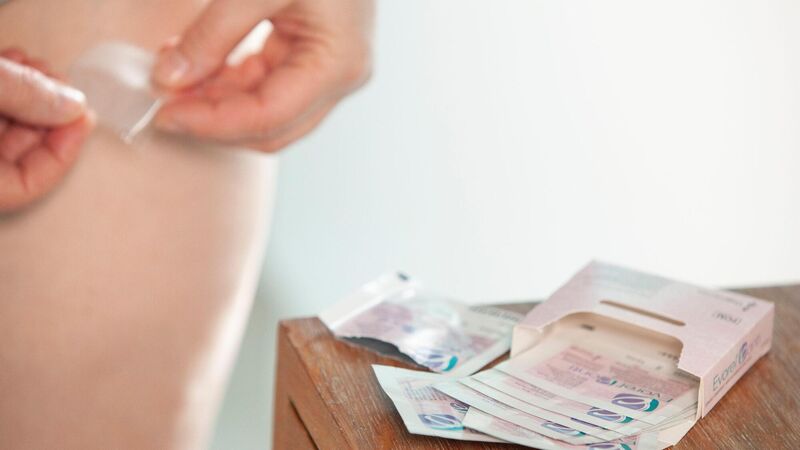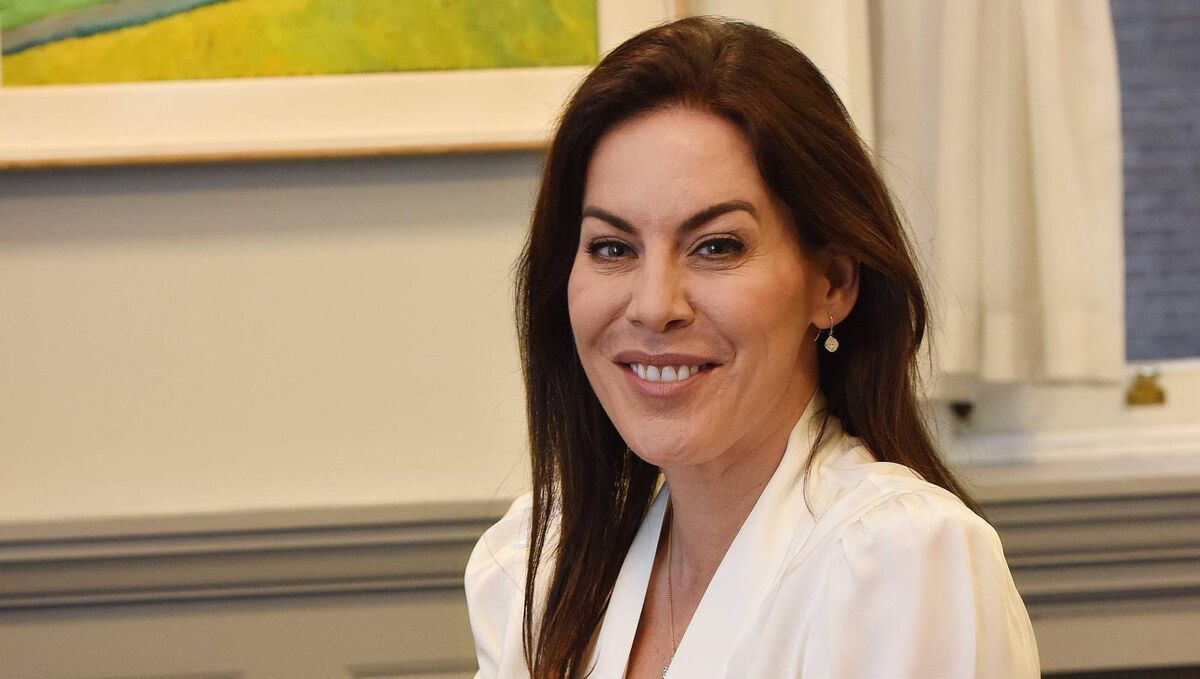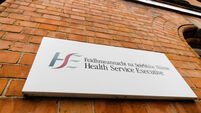HRT row sees menopausal women used as pawns

Agreement has still not been reached between the State and pharmacists over practicalities including payment. File picture: Anna Watson/Alamy
The very public row over HRT between the Government and pharmacists has seen menopausal women used as pawns between the two sides.
The new date for free HRT is June 1 — five months later than planned.
The timeframe was agreed with the HSE which monitors how prescribed medicines are given out.
Women must sign up to the drug payment scheme to get access.
They can then use a GP prescription to collect HRT at no cost from a pharmacy.
GP fees are not removed.
There have been calls from opposition politicians for women who spent money on HRT since January to be reimbursed.
However, health minister Jennifer Carroll MacNeill said this is not an option when she spoke on RTÉ this week.
That is one frustration already for women. The other is that the June 1 date for roll-out is far from set in stone.
Agreement has still not been reached between the State and pharmacists over practicalities including payment.
This is the same reason the scheme did not roll out in January.
For patients, the cost of HRT — and all prescribed medicines — normally includes cost price, percentage mark-up, and dispensing fee.
This is why costs vary with claims made previously that this fee can reach €10 per product.
The State pays pharmacists €3 to €5 per prescribed item.
This is for work such as checking dosage or finding alternatives when products are out of stock.
The only exception is the free contraceptive scheme at €6.50.
This is seen as a special scheme as it was required as part of the response to the repeal of the eighth amendment.

The first HRT deal was — unusually — for women to get free products but pay these fees.
Under the June deal, the Government would pay pharmacists €5 per item plus a €1,000 grant to get set-up.
They had alternatively offered for women to pay dispensing fees so each pharmacy could charge different rates with a €3,000 grant per pharmacy.
Despite both offers being turned down by the Irish Pharmacy Union (IPU), the June deal is now out in the wild for individual pharmacies to decide upon instead.
The IPU wants an increase in all fees, saying they have been frozen at levels set in 2008 and they cannot take on more schemes without changes.
The Government appears to be betting on enough pharmacists signing up to make the HRT deal happen.
HRT is not the only sticking point either.
Patients are yet to see community pharmacists prescribing for eight conditions including cold sores even though the relevant bill was passed in July.
A measure allowing them to extend the validity of six-month prescriptions to 12 months also seems stalled.
The pharmacy regulator has separately been asked to examine transparency around fees for patients.
Boots Ireland said it supports the IPU in its talks, though it welcomes free HRT in principle.
McCabe Pharmacy group is not commenting yet.
Pharmacists specialising in women’s health including Victoria Jones and Sheena Mitchell have expressed frustration online at their union's asks being ignored.
Women's public comments under their posts range from “you have our full support” to “HRT users shouldn’t be used as leverage in a much broader argument”.
The key issue for women on HRT is this treatment is not optional, it is the best medication for specific symptoms.
They are also facing shortages of some products which this deal does not address.





